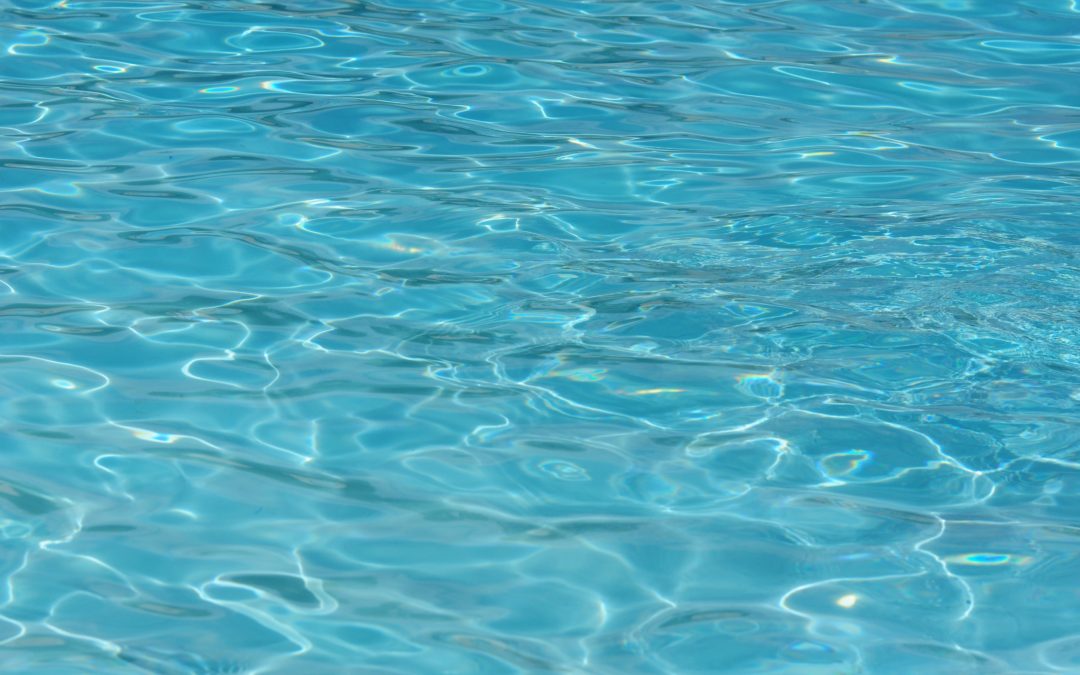Being a swimming pool owner, even one who has hired the services of the swimming pool pros from Imperial Pools in Mahomet, Illinois is a daunting task! You may have hired a pool pro, but you may still want to know what goes into pool maintenance and upkeep and you may also and you may also want to have a few of your own supplies. What basic pool supplies should you have? That may vary by the type of pool you have, where you live and the type of pool equipment you’re running.
We have a swimming pool tools and cleaning supply primer to get you started, though. Ask us for advice and information on what you can add to, or delete from, this list.
Our swimming pool service professionals can even help you understand how to read pool water test strips and use the equipment you’re gong to have on hand to do a quick pool clean up between service visits.
What basic pool supplies should you have?
- A leaf rake/skimmer used to remove leaves and other floating debris.
- A wall and floor brush used to remove dirt, stains and other materials from the interior surfaces of the pool. The most common wall brush is 18 inches wide and have nylon bristles. Ask what the best type of pool brush you should use for your particular pool.
- Vacuums and there are two styles from which to choose: one that sucks debris and sends it to the filter and the other uses water pressure from a garden hose to force debris into a bag that is then removed.
- A tile brush and tile soap used to clean tiles. Tile soap helps remove stubborn stains and oils from the pool. Don’t use a household soap cleaner as it could foam up and cause water balance problems.
- A water testing kit should be part or your pool kit 101 from day one of pool ownership! Use the test kit to perform testing necessary to ascertain whether your water is in balance. This is a delicate balancing act — keeping pool water chemistry in line. We can explain the readings, what they mean in relation to what chemicals are out of balance and how to bring them back in line. If you work with a pool contractor, he will test when he’s on site, but it’s never a bad idea to test the water on your own between visits to ensure nothing gets too out of balance.
You may also want to have a pool water temperature gauge and you definitely want to have and use a pool cover when you’re not in the pool. There are a myriad of other pool supplies you may want to have on hand, but this will get you started. Pay a visit to your local pool supply store and ask them for help getting your pool kit 101 supplies.

